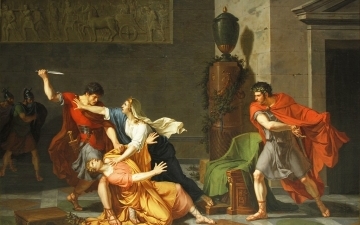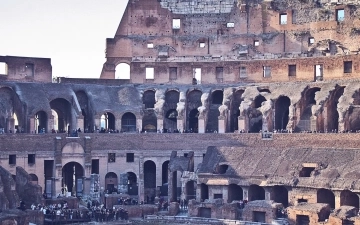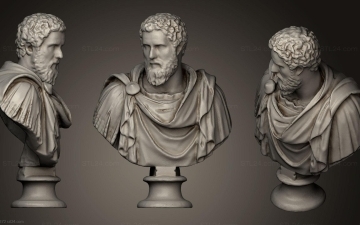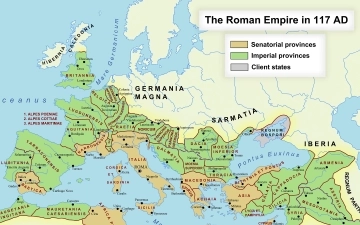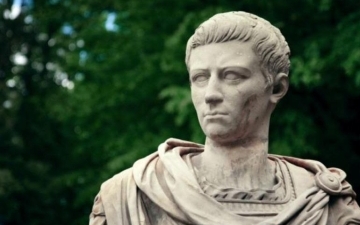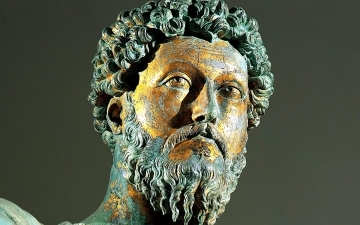Nero: The Notorious Emperor Who Fiddled While Rome Burned
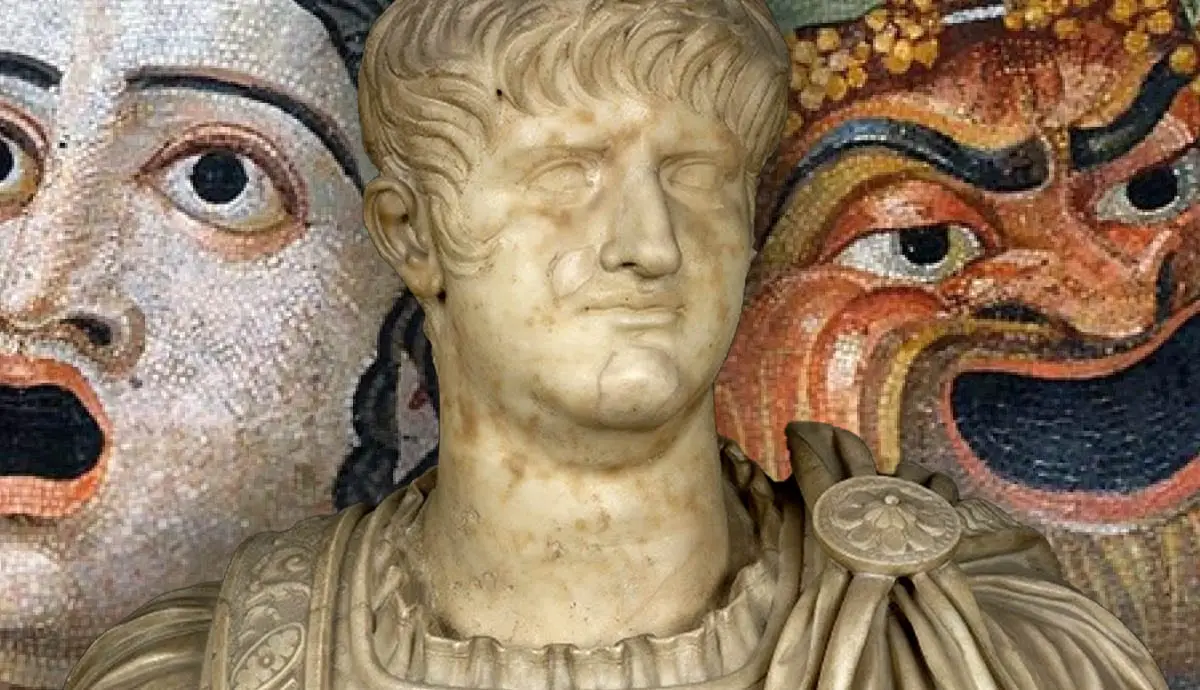
The name Nero is synonymous with tyranny, extravagance, and the infamous image of an emperor who, according to legend, played the fiddle while Rome was engulfed in flames. Nero's reign is a dark chapter in the history of the Roman Empire, marked by cruelty, decadence, and the disastrous Great Fire of Rome. In this article, we delve into the life and rule of Nero, shedding light on the controversial legacy of one of Rome's most notorious emperors.
Early Life and Ascension
Nero Claudius Caesar Augustus Germanicus, commonly known as Nero, was born in 37 CE. He became Emperor at the tender age of 16, succeeding his adopted father Claudius. Initially, Nero's reign was marked by optimism, as many hoped for a return to stability and order after the tumultuous rule of his predecessors.
A Reign of Excess and Cruelty
Unfortunately, Nero's rule took a dark turn. He became known for his extravagant lifestyle, indulging in lavish banquets, chariot races, and artistic pursuits. His excessive spending drained the Roman treasury, causing economic hardships for the empire.
Nero's cruelty became increasingly evident as he purged perceived threats to his power. The most infamous of these purges was the execution of his mother, Agrippina the Younger, and his alleged role in the poisoning of his stepbrother and wife.
The Great Fire of Rome
Nero's name is forever associated with the Great Fire of Rome in 64 CE. While it's unlikely that he actually fiddled during the fire, historical accounts suggest that he was indifferent to the disaster and may have even viewed it as an opportunity. The fire raged for days, destroying vast portions of the city and leaving thousands homeless.
In the aftermath, Nero faced widespread criticism for his response. He shifted blame onto Christians, leading to the first major persecution of Christians in the Roman Empire. Nero's actions during and after the fire further eroded his standing among the Roman population.
Downfall and Death
Nero's excesses, cruelty, and extravagance ultimately led to his downfall. In 68 CE, a rebellion led by prominent figures within the Roman government and military forced Nero to flee Rome. Facing imminent capture and execution, Nero took his own life in 68 CE, marking the end of his tumultuous reign.
Legacy of Infamy
Nero's legacy is one of infamy and notoriety. He is remembered for his despotism, mismanagement, and the devastation caused by the Great Fire of Rome. His reign marked a low point in Roman imperial history, and he remains a symbol of tyranny and excess.
Nero's reign stands as a stark reminder of the dangers of absolute power and unchecked ambition. His notoriety continues to captivate historians and storytellers alike, serving as a cautionary tale of the destructive potential of a leader who places personal gratification above the welfare of the empire and its people.
Related Posts
Geta: The Tragic Co-Emperor Whose Life Was Cut Short by Fraternal Rivalry
Geta, the younger son of Septimius Severus, is a figure largely overshadowed by his more domineering brother, Caracalla. Often relegated to the role of the quiet, less ambitious sibling, Geta’s life was tragically cut short by a family feud that shook the Roman Empire to its core. Unlike his brother, Geta...
Read MoreFrom Ancient Rome To Today: 4 Games Played By Emperors And Their Modern Equivalents
In history, Ancient Rome had rulers who enjoyed games that involved intelligence and risk-taking. The interesting part is that some of these games have now evolved to their modern versions that still entertain people. When we look at the Ancient Roman history of emperors having fun, most of them went for...
Read MoreDidius Julianus: The Emperor Who Bought the Roman Empire
The year 193 AD was a tumultuous one for Rome. The assassination of the capable Pertinax plunged the empire into a crisis of leadership. The Praetorian Guard, the elite imperial bodyguards, found themselves without a master and, true to their corrupt nature, decided to auction off the imperial throne. In...
Read MoreThe Colossal Footprint: Exploring the Roman Empire at its Greatest Extent
The Roman Empire, a name that evokes images of gladiatorial combat, sprawling aqueducts, and stoic emperors, wasn't just a powerful state; it was a colossal empire that stretched across continents. But how vast was its reach at its zenith? This post delves into the greatest extent of the Roman Empire,...
Read MoreCaligula: Madness and Infamy in the Roman Empire
The name Caligula is synonymous with madness and infamy in the annals of Roman history. Gaius Julius Caesar Augustus Germanicus, known as Caligula, was the third Roman Emperor, and his tumultuous reign left an indelible mark of cruelty, debauchery, and tyranny. In this article, we delve into the life and...
Read MoreMarcus Aurelius: Philosophy and Leadership in the Midst of Turmoil
In the annals of Roman history, the name Marcus Aurelius stands as a symbol of wisdom, Stoic philosophy, and leadership during times of great adversity. His reign as Emperor from 161 to 180 CE coincided with challenging periods for the Roman Empire, including external threats and internal strife. In this...
Read More

















